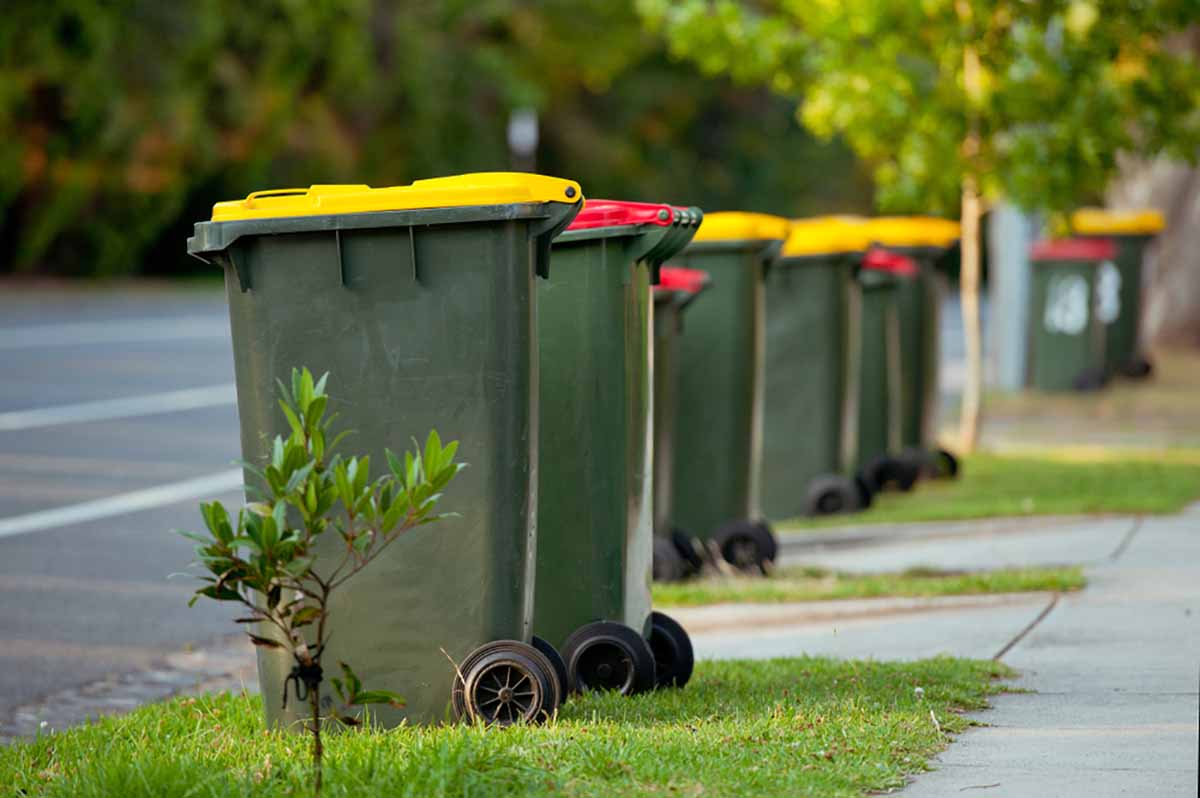
The new GAIA report includes recycling market development examples from Salt Lake City and Minneapolis-St. Paul. | Sabelnikova Olga/Shutterstock
The Global Alliance for Incinerator Alternatives this month published a document laying out steps communities can take to reach zero waste, tying the actions to social and economic justice.
The Zero Waste Masterplan “aims to equip activists and organizers with an advocacy tool to present to local decision makers and allows them to understand what we mean by zero waste, and how to make a zero waste plan, and what common-sense implementation options are available to them,” said Aditi Varshneya, zero waste communities coordinator for GAIA U.S. and Canada, during a video promoting the plan.
She added that the plan “roots zero waste in economic, and social and environmental justice.”
In a virtual event discussing the plan, Varshneya explained that it includes best practices, case studies and tips to get a community to zero waste, moving from an “extractive” economy to a “regenerative” economy.
The case studies in the 98-page document include examples from Eco-Cycle’s Center for Hard-to-Recycle Materials (CHaRM) in Colorado, a reusable foodware ordinance in Berkeley, Calif., recycling market development examples from Salt Lake City and Minneapolis-St. Paul, and more.
Meanwhile, the best practices include tips on writing recycling contracts that “facilitate transparency and waste reduction and better waste diversion and justice for workers,” Varshneya said.
Speakers during the launch event highlighted the link between social justice and tackling waste.
“We certainly see zero waste as a civil rights issue,” said Jacqui Patterson, senior director for the environmental and climate justice program of the NAACP. “We’ve named it as a civil rights issue from the time that we first started to do this work around environmental and climate justice 10 years ago.”
As one example of the connection, Patterson said landfills are often sited in lower-income communities of color. She pointed to examples of community exposure to harmful types of waste from living in close proximity to these sites.
Additionally, Patterson cited economic benefits from transitioning to a zero waste system.
“We know that there’s more jobs from recycling – recovering, reusing, recycling – and we know that there’s more jobs from not even producing as much waste in the first place,” she said.
More stories about local programs
- State law, local ordinance and the question of alignment
- Colorado Summit for Recycling taps trending topics
- California advisory board examines barriers to EPR


